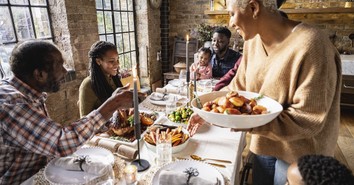10 Practical Tips to Help Families Prepare for Hurricane Season
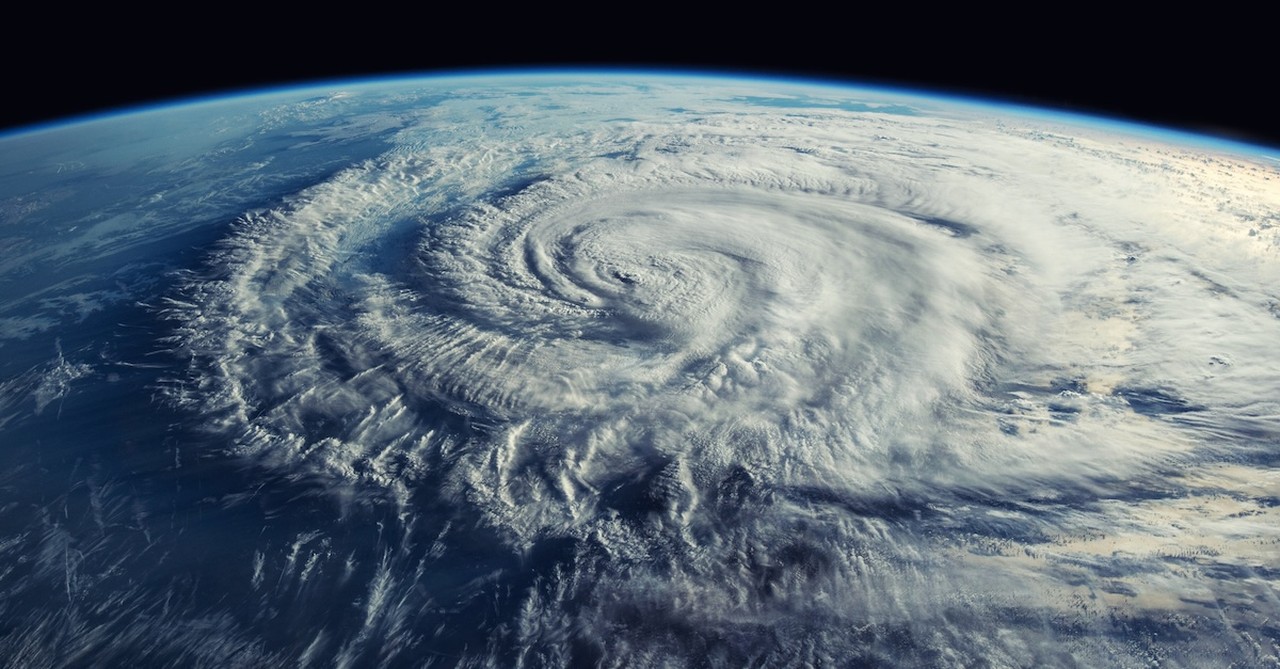
Years ago, our family of six was hit without warning by an uncharacteristic out-of-season hurricane on the West Coast of Florida, historically termed the Storm of the Century. During it, our Gulf Coast house experienced hours of 14-16-foot waves beating their way into our home, ripping off hurricane shutters, blowing out windows, and sweeping prized possessions into the sea. Evacuation arrived 12 hours later.
Still, even in the midst of it, Psalm 46:1 reminds us, “God is our refuge and strength, an ever-present help in trouble.”
Then, years later, after moving away from the Gulf Coast via California and Hawaii, we returned to live in South Florida just in time to face multiple hurricanes in a row: Charley, Frances, Ivan, Jeanne, and Wilma.
Thankfully, our following experiences were not as life-threatening or dramatic as our first experience. Still, we faced possible evacuation, loss of power, and the aftermath of living in an area hit by a hurricane, such as empty grocery stores, curfews, closed gas stations, and more.
God Gives Wisdom to Face the Storms in Life
Watching and waiting to see where a hurricane’s path will actually go is like riding a roller coaster. The cone of uncertainty seems to change daily and sometimes hourly. With no certainty the storm is even coming to the area, it’s draining deciding whether to start buying supplies for riding it out or making plans for an evacuation.
In the long run, our family found it best to prepare early because even if a decision to evacuate is made, it isn’t always possible to leave as roads get congested, gas stations run out of gas, and airports close.
As Christians, we can seek the Lord in prayer, asking Him to guide us in His wisdom in preparing for coming storms. James 1:5 encourages, “If any of you lacks wisdom, you should ask God, who gives generously to all without finding fault, and it will be given to you.”
Learning hurricane preparedness the hard way has helped our family prepare for a coming hurricane. Here are 10 practical tips we’ve gleaned from our experiences and from seeking the Lord’s wisdom in facing them.
Photo Credit: ©GettyImages/Trifonov_Evgeniy
1. Check Gas Tanks
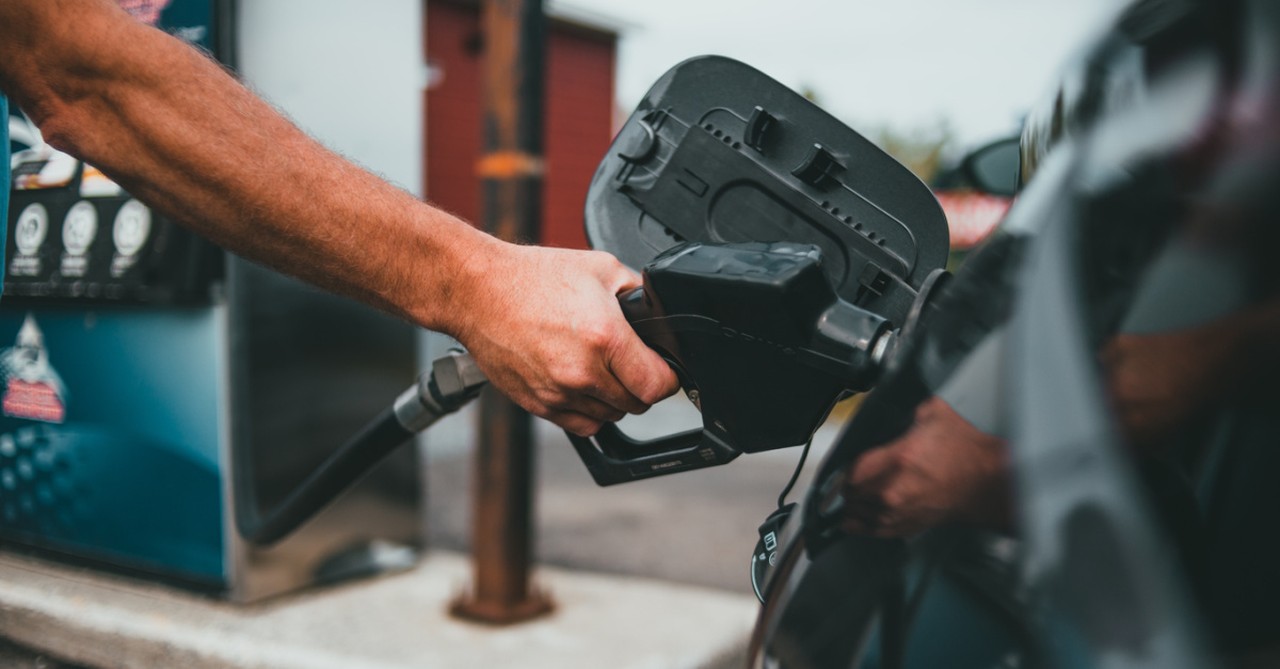
1. Check Gas Tanks
SLIDE 1 OF 5
If possible, keep car tanks full and extra gas cans on hand before a storm hits. With everyone filling up, gas stations may run out of gas beforehand or lose power afterward. Following a hurricane hit, we experienced gas rations, increased fuel prices, and gas station lines blocks long, where armed guards were hired to keep the peace among frustrated customers.
Fill up propane tanks, too, for outdoor grills and fire pits. During Hurricane Wilma, we were without power for 12 days, finding ways to cook just about everything on our propane outdoor grill, including chocolate chip cookies.
2. Evaluate Water Supply
Fill bathtubs, sinks, and buckets with water for a good source of bathing and toilet flushing water. Flooding can shut off water sources and cause contamination.
Bottled water and drinks can be difficult to find before a hurricane hits, with everyone stocking up before and afterward. So, in addition to buying them, it’s good to fill and freeze as many 2-liter bottles and containers as possible with water to keep coolers, refrigerators, and freezers cool during a power outage and to use as drinking water as it melts. Milk, cream, lemonade, and fruit juices are also good to freeze beforehand for later use, along with keeping other items cool.
Photo Credit: Erik McLean/Unsplash
3. Begin Food Preparation
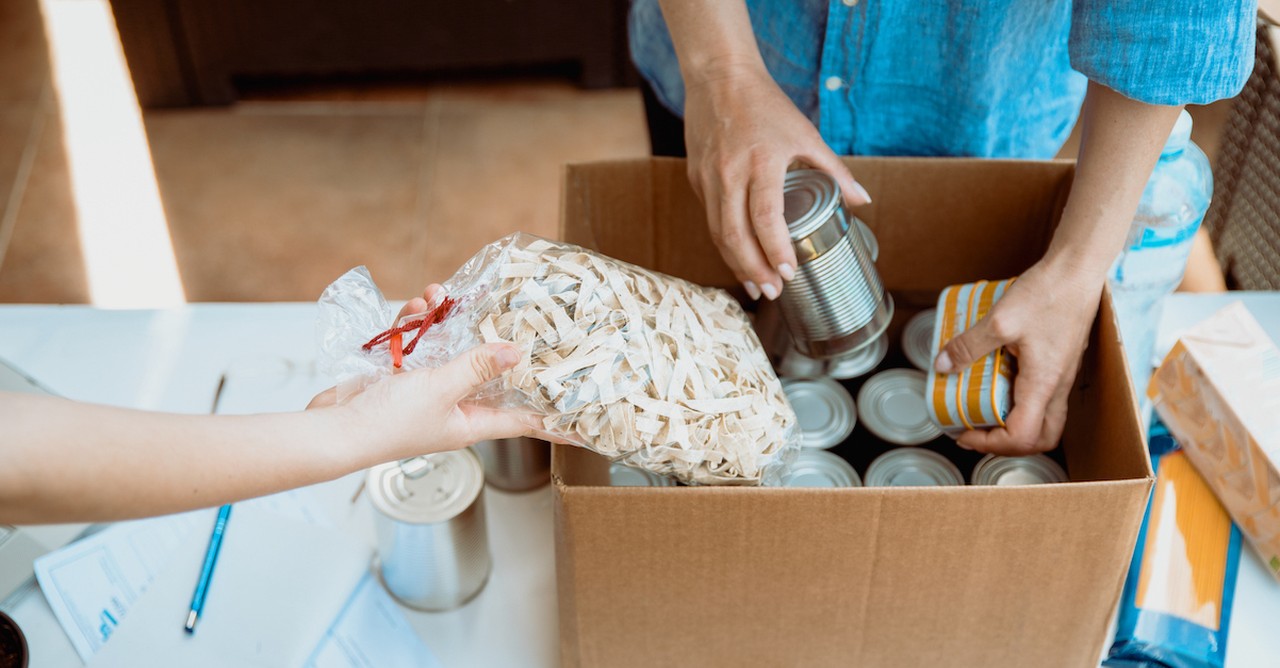
3. Begin Food Preparation
SLIDE 2 OF 5
Cook food already on hand ahead of time for eating during a possible power loss. Boil eggs and bake refrigerated cookies, biscuits, and bread dough; prepare other frozen or refrigerated food that will last longer cooked than if thawed and uncooked.
Stock up on dry and canned foods, if possible, including pet food. We found stores emptied out beforehand with people stocking up. Additionally, stores can become virtually empty for weeks after a storm hits or passes by, especially if roads and transportation have been affected.
For those with gardens and fruit trees, it’s wise to pick and harvest whatever is ready and ripe as hurricane-force winds and rain wipe out and destroy everything in its path. As well, chickens and other outdoor livestock need to be safely sheltered.
4. Lighten Up
In Ephesians 5:8, the Apostle Paul describes who we are as Christians. “For you were once darkness, but now you are light in the Lord. Live as children of light.”
During our 12 days without power, we discovered a powerless neighborhood is pretty dark, especially without a full moon and cloudy skies, so it’s wise to gather candles, matches, solar-powered lights, camping lanterns, and other off-the-grid light sources in case of a power outage.
What better way to be children of light during a hurricane than to offer the comfort of light to a darkened neighborhood? “As Jesus said in John 12:46, “I have come into the world as a light so that no one who believes in Me should stay in darkness.”
Photo Credit: ©GettyImages/BiserkaStojanovic
5. Replenish Personal Items
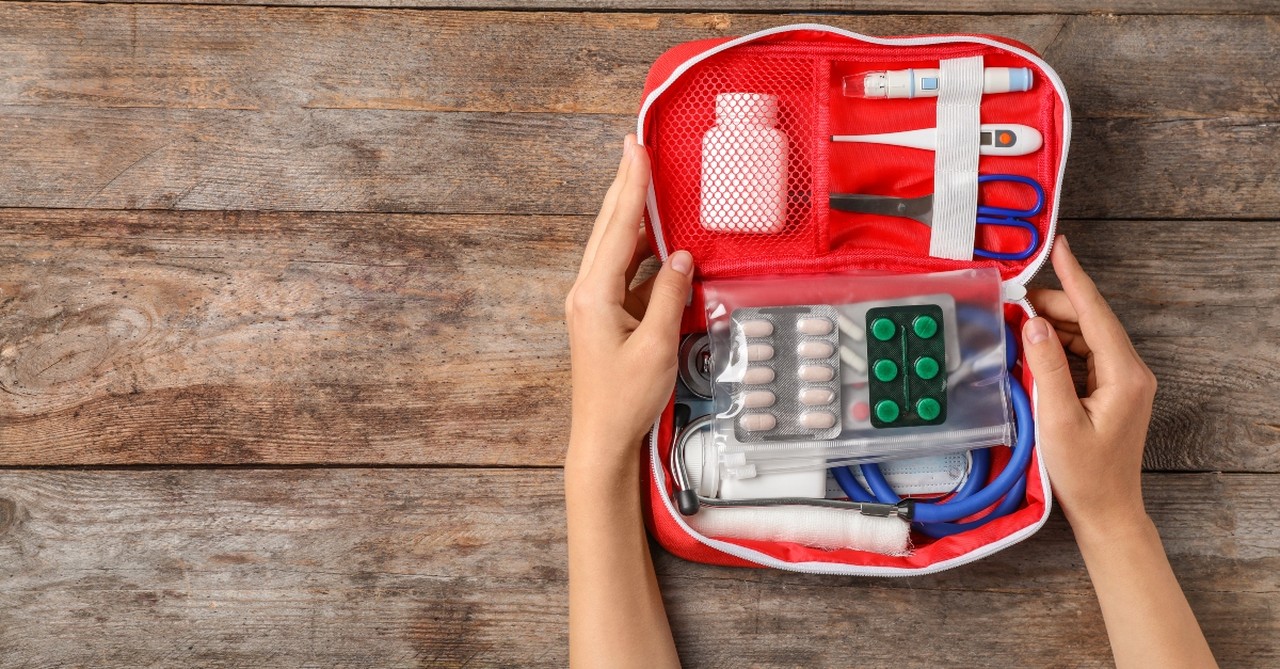
5. Replenish Personal Items
SLIDE 3 OF 5
Because storm paths and consequences can be unpredictable, refilling low prescriptions and over-the-counter medications, restocking vitamins, and stocking up on personal items such as toilet paper and infant diapers is good.
If water is limited, hand sanitizer, wet wipes, and disinfectant wipes are also good to have on hand, as are first-aid items.
Additionally, because water resources and power may become an issue, we washed clothes, towels, bedding, and dishes ahead of the storm to carry us through the aftermath.
6. Charge Ahead
It’s wise to charge cell phones and battery-operated electronics ahead of time and continuously during hurricane warnings in case of a power outage. Also, it’s good to store up on various-sized batteries for flashlights and other necessities.
If possible, it’s helpful to rent, borrow, or purchase a portable gas generator. During our 12 days without power, my husband ran a small generator each day to recharge necessities.
Photo Credit: ©Getty Images/belchonock
7. Keep Cash on Hand
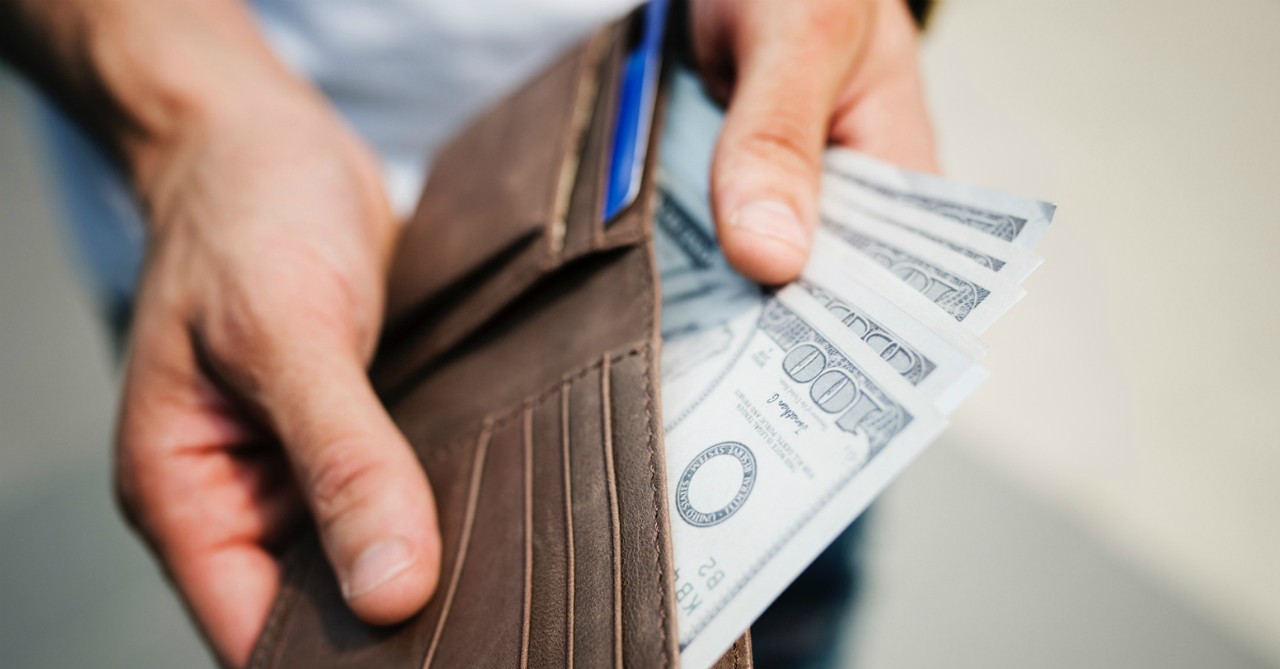
7. Keep Cash on Hand
SLIDE 4 OF 5
A must-have during and after hurricanes is an old-fashioned supply of cash, as ATMs may not be functioning during power outages, as well as credit and debit card use is limited or unavailable altogether.
If possible, have extra money on hand to lend and extend to neighbors who may have not thought to visit the ATM beforehand. Philippians 2:4 urges, “Let each of you look out not only for his own interests but also for the interests of others.”
Likewise, Hebrews 13:16 encourages, “And do not forget to do good and to share with others, for with such sacrifices God is pleased.”
8. Connect with Neighbors
Because my husband excels at connecting with neighbors before, during, and after a hurricane threat, he made sure to know who would be home and who was evacuating so he could help keep an eye on their homes. He also knew who might be home alone and possibly need assistance.
As well, he worked together concerning resources, with our neighbors offering their generator for our use and my husband loaning useful items to them as needed.
Matthew 22:39 encourages us to love our neighbor as ourselves. So, although adversity may bring out the worst in some people, thankfully it also brings out the best in many individuals. Going through a hurricane with neighbors and local friends often builds a warm camaraderie between individuals.
Also, consider ways of keeping out-of-town relatives and friends updated through social media outlets such as Facebook Safety Checks and Instagram to help them know how to pray for us and also to relieve concerns they may be experiencing on our behalf.
Photo Credit: ©Unsplash/Rawpixel
9. Stay Alert
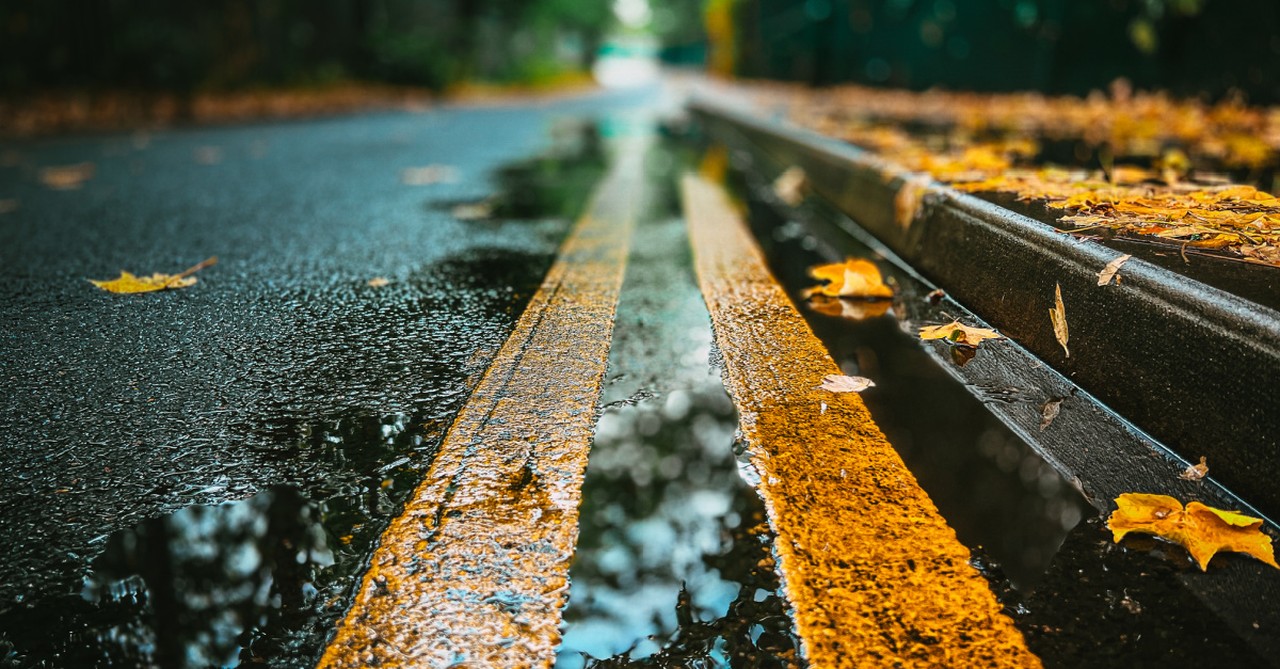
9. Stay Alert
SLIDE 5 OF 5
Ask God to help you stay alert to changing storm conditions and warnings by giving you the calm and thoughtful outlook needed to make wise decisions during stressful and possibly dangerous situations.
Double-check hurricane insurance coverage and make sure vehicles, home, health, and life insurance are all up-to-date. Also, store important documents, including policies, passports, identification cards, birth certificates, and more, in water-resistant files or containers in case of flooding and for easy transport in case of evacuation.
Practice common sense by avoiding some obvious dangers, such as parking cars under trees or leaving items outside that can be blown away or used as projectiles. Besides vehicles, we didn’t leave anything outdoors that wasn’t bolted down.
10. Keep the Peace
Our family witnessed firsthand how the threat of a hurricane hitting an area significantly raises the fear and anxiety level in a community. When speaking and interacting with others, seek to encourage them and offer helpful advice instead of fueling the flames of fear and panic that may be spreading throughout the area.
Offer to pray with individuals and families for God’s care over their lives and homes. As followers of the Prince of Peace, we can offer His peace to others, as 2 Thessalonians 3:16 reminds us. “Now may the Lord of peace Himself give you peace at all times and in every way. The Lord be with all of you.”
In trusting God through the storms, He gives us His peace to pass on to those around us who may be feeling anxious and fearful. As Isaiah 26:3 assures, “You will keep in perfect peace those whose minds are steadfast, because they trust in You.”
Photo Credit: ©Getty Images/Cold Snowstorm
Lynette Kittle is married with four daughters. She enjoys writing about faith, marriage, parenting, relationships, and life. Her writing has been published by Focus on the Family, Decision, Today’s Christian Woman, kirkcameron.com, Ungrind.org, StartMarriageRight.com, and more. She has a M.A. in Communication from Regent University and serves as associate producer for Soul Check TV.
Originally published June 04, 2025.





